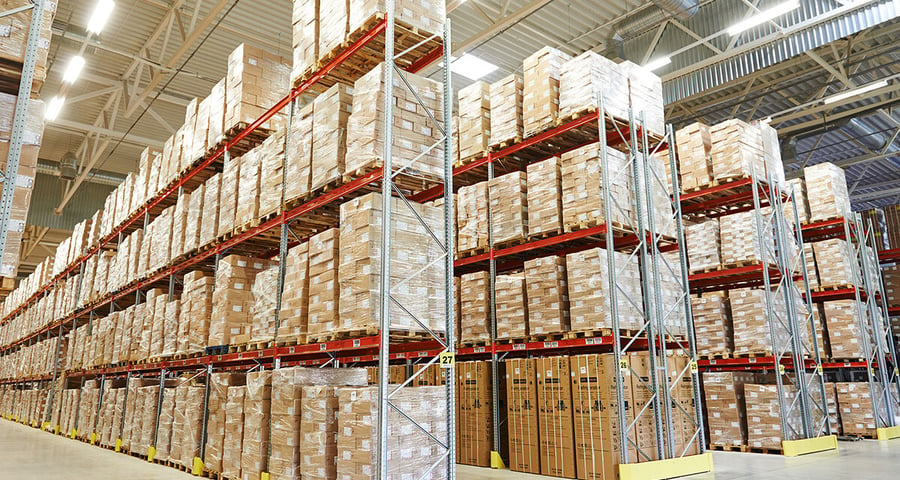As companies strive to reduce their ecological footprint, the idea of a paperless office emerges as a promising solution in the transition to more sustainable practices. This strategy simply involves not using any printed documents for accounting, file management, and note-taking.
Evnia has proudly been "paperless" since August 1, 2018, and we thought we would share some of our tips and observations to help you follow suit within your organization!
Challenges of the Green Transition at the Office
While desirable for the planet, the transition to a paperless office comes with its share of challenges. At Evnia, this transition involved significant changes in work methods, particularly in accounting. Moving from printing documents to saving them electronically required the development of new tools and the adaptation of practices.
One of the main challenges we encountered during this transition was managing the risks associated with IT security. We adopted appropriate protection measures, including training our employees and securing our networks to protect confidential data. We also pursued certifications such as SOC 2, demonstrating our commitment to cybersecurity.
This transition was not easy for everyone. While new generations are accustomed to working electronically, some people found it difficult to abandon traditional methods, such as handwritten note taking.
Tangible Benefits of a Paperless Office
Beyond reducing the company's ecological footprint, a paperless office offers many practical advantages. François Parent, General Manager at Evnia, mentions that this transition has allowed Evnia to achieve substantial savings, both financially and in terms of operational efficiency.
By eliminating the space reserved for storing paper documents, we have reduced the space required for our premises. We also save on office supplies, as we no longer purchase ink cartridges or paper.
Moreover, by facilitating electronic search and archiving, and enabling smoother collaboration among team members, this transition significantly improves efficiency and productivity within the company.
Steps Towards a Paperless Office
If your company is considering a similar transition, it is important to conduct a preliminary study to determine the areas where paper is most used. "You also need to prepare for this transition and proceed gradually. Avoid saying 'OK, tomorrow morning, we're paperless,' because it won't work," emphasizes François Parent. "You also need to involve employees in the project to get people on board with this transition. And you need a good archiving system."
In conclusion, transitioning to a paperless office represents a significant challenge but also a golden opportunity for companies looking to reduce their ecological footprint and improve operational efficiency. With careful planning and effective change management, this transition can be successfully achieved, bringing multiple tangible benefits.
Subscribe to our monthly newsletter
Other Posts

A Sustainable Approach to Optimizing the Supply Chain


